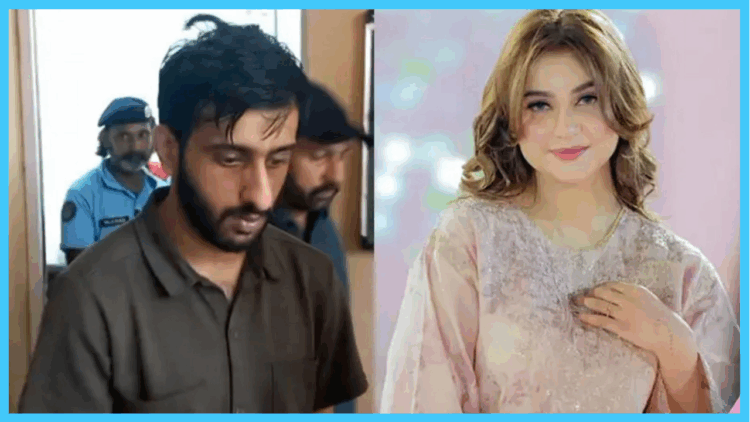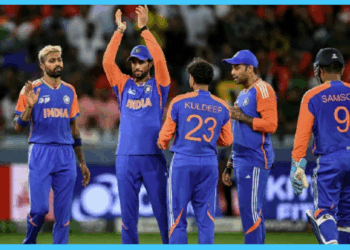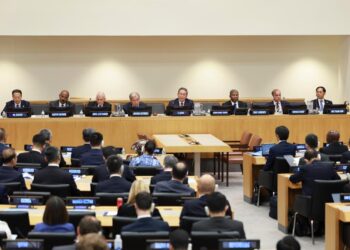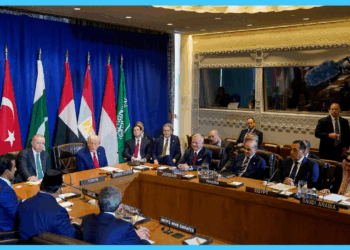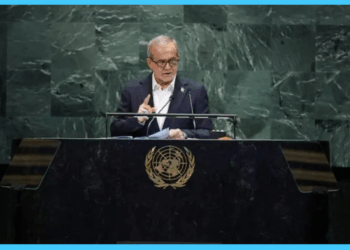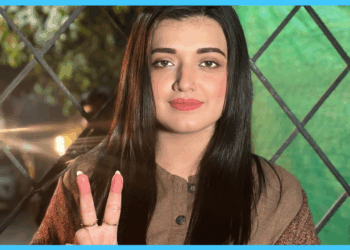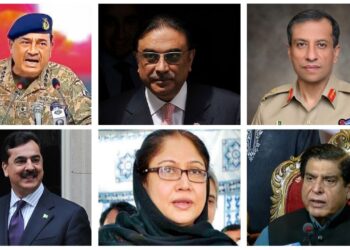By Asif Naveed
ISLAMABAD; The case of TikTok star and social media influencer Samia Hijab, which began with startling allegations of abduction and death threats, has concluded with a reconciliation between the complainant and the accused, Hassan Zaid. While the legal chapter has closed, the wider debate it sparked about victim-blaming and abuse continues to resonate across society.
The saga began when Hijab accused her former fiancé, Hassan Zaid, of attempting to kidnap her outside her residence in Islamabad. She alleged he had been following her for several days, pressuring her with repeated offers of gifts. On August 31, at around 6:30 pm, he allegedly tried to drag her into a vehicle, threatening to kill her if she resisted. CCTV footage of the incident went viral, prompting swift police action and Zaid’s arrest. In her statement, Hijab described living under constant fear, requesting police protection.
According to the FIR registered at Shalimar Police Station, Hijab claimed Zaid had forcibly taken her phone, attempted to abduct her, and continued to harass her even after their engagement ended. As the case unfolded, photos and videos of the two together surfaced online, fueling criticism and casting doubts on her account. She acknowledged that Zaid was indeed her former fiancé but rejected allegations of dishonesty.
Frustrated by the backlash, Hijab drew comparisons to another tragic case, saying: “If I had been killed like my friend Sana Yousuf, people would have shown sympathy. But since I am alive, they are accusing me.” The remarks highlighted the cultural issue of victim-blaming, which was also condemned by public figures like rapper Ali Gul Pir, who tweeted: “Victim-blaming loser. Buying gifts doesn’t give you ownership of a human being, nor the right to abduct them.”
However, in a dramatic turn during court proceedings this week, Hijab informed Additional District and Sessions Judge Chaudhry Aamir Zia that she was no longer pursuing the case. She declared she had reached a settlement with Zaid and had no objection to his bail or acquittal. Following her testimony, the court approved Zaid’s bail application, effectively bringing the case to a close.
Both sides later confirmed they had “forgiven each other for the sake of God,” marking the end of a case that started with allegations of violence but ended in reconciliation — even as its social and cultural aftershocks linger on.








